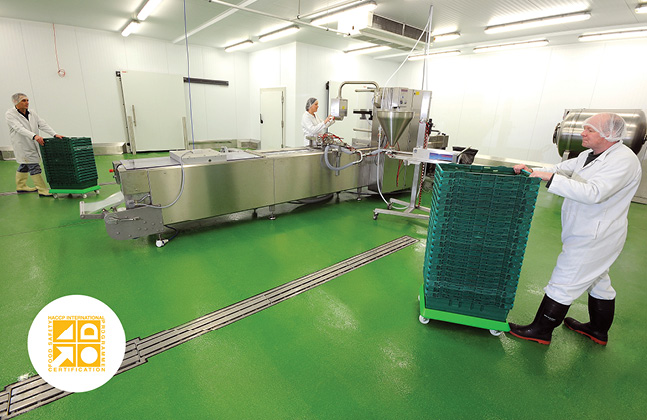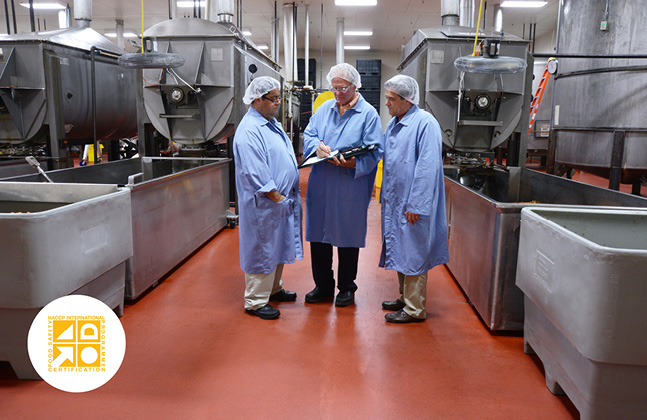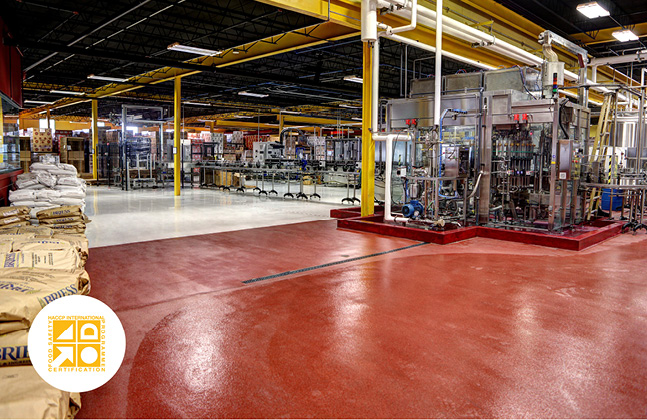The brewery industry has to safely and effectively manage the large-scale and complex operations of a AU$4.3 billion industry, where 600 tonnes of domestically grown hops have to be turned into enough high-quality beer to meet 93% of the nation’s consumption.
To achieve this requires building breweries that can cope with exceptionally large volumes of produce and a high turnover rate. Flowcrete Australia has created its new whitepaper to help brewery professionals ensure that the floor will maintain a high performance surface on which to safely and hygienically produce large quantities of the amber nectar.
Entitled Advantages of Polyurethane Over Epoxy in Production Areas, the new whitepaper explores the pros and cons of epoxy resin and polyurethane systems, two of the most common types of brewery floors – examining how they fare when faced with specific demands of a site’s daily hoperations.
Cracked, broken or ale-ing surfaces can lead to contamination issues within a brewery and barrel movement, warm conditions, heavy equipment and spillages of corrosive by-products can all cause an insufficiently robust coating to fail.
To help specify a stout floor that is up to the task, the whitepaper explains how polyurethane flooring materials can be used to create highly durable finishes. The seamless, impervious nature of polyurethane floors combined with the ability to incorporate coving and drainage also means that brewery operators can quickly and easily wash away the grains, grime and dirt that accumulates during a busy working day.
In the whitepaper, brewery industry professionals can also find out about the criteria that floors need to provide in order to meet regulations such as the Australia New Zealand Food Standards Code or to implement an effective Hazard Analysis and Critical Control Points (HACCP) food safety management system.
To find out more about the advantages of polyurethane flooring materials within a brewery environment, click here to download Flowcrete Australia’s new whitepaper.








